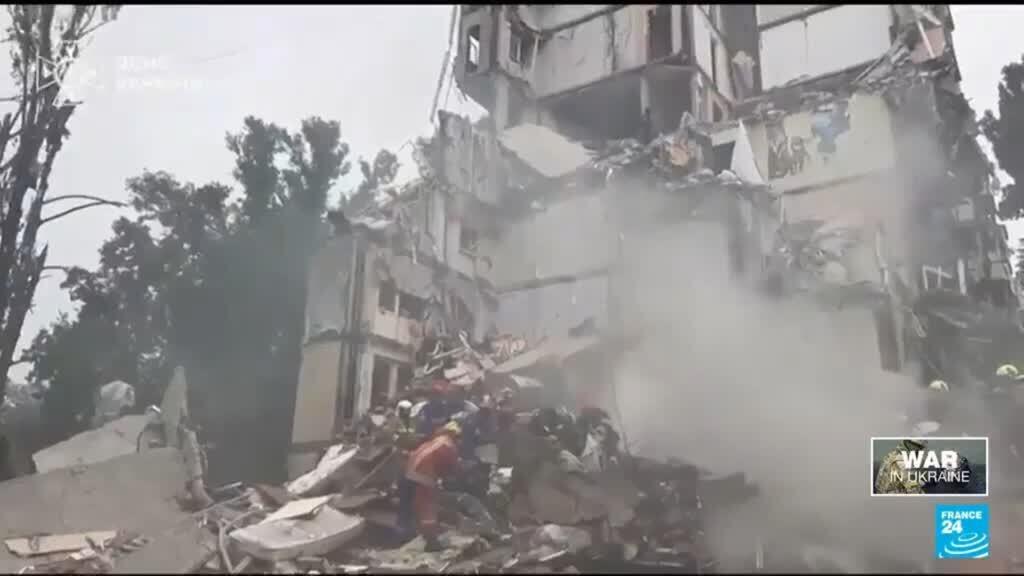Mozambique’s major cities were left without vital humanitarian and business activity on Friday as post-election violence spread across the country. Some businesses, including banks, remained closed in the capital Maputo.
Both transport and trade have come to a halt as opposition-led protests continue amid looting and vandalism.
Maputo and its largest suburb, Matola, have experienced chaos since the Constitutional Council, Mozambique’s highest court, confirmed the results of the country’s disputed October presidential election, extending the ruling Frelimo party’s grip on power into its 50th year Is.
The seven-judge bench of the court gave its verdict on the Frelimo candidate. Daniel Chapo It won 65% of the vote, revising initial results of about 71%. FRELIMO has ruled Mozambique since 1975.
Looting, fire and increasing death are great
The Constitutional Council’s announcement triggered opposition protests that often escalated into clashes with police, burning of buildings and vandalism of supermarkets.
A woman who lives in Maputo told DW that she witnessed looting in the Praça dos Combatantes area of Maputo.
He said, “The people I saw ran away and broke glasses. I saw everything that was happening. They took away microwaves, televisions, beds. This should not happen because they are ruining many things and they Can’t behave like this.”
In the George Dimitrov neighbourhood, also known as Benfica, at least 11 people died in a fire following an attack and looting of a food warehouse.
In the capital’s Polana Canico neighborhood, residents also set up barricades to block road traffic.
“We are willing to organize it. We are tired, after all what is democracy for? We do not want Frelimo anymore and we will fight. We only want the best for our country, we are tired of wars, of blood. ” “We are tired,” one resident told DW.
Police Chief Bernardino Rafael described the people who vandalized warehouses and shops as criminals.
“What we are seeing is an attack on the Matola industrial complex, which houses various industries and warehouses,” Rafael told reporters. “This was caused by a group of criminals, making it difficult to maintain control.”
Opposition blames police for deadly violence
Opposition leader Venancio Mondlane, who is contesting the election results, blamed police for the brutality and deaths of protesters. He called on his supporters to hold more protests but cautioned them against looting and damaging infrastructure.
“It is the police people who are ready to loot shops, set fire to banks, vandalize warehouses,” he said during a live broadcast on Thursday. “You saw pictures of policemen asking the population to come inside to get food. People come in because they are hungry.”
Violent protests in Mozambique have resulted in the deaths of 248 people, including 33 deaths during Wednesday’s prison break.
Mondlane has claimed widespread vote rigging and called on his supporters to continue protests, vowing to install himself as president on January 15.
At least 6,000 prisoners took advantage of the chaos to escape from a high-security prison in Maputo.
Rafael said that in addition to the 33 prisoners killed, 15 others were injured during the confrontation with security forces.
The police chief told reporters, “An interesting fact is that we had 29 convicted terrorists in that prison, who were released. As a country, as Mozambique, as members of the defense and security forces We are concerned.”
“They [protesters] They were making noise and demanding that they could remove the prisoners serving their sentence there.
United Nations calls for talks
United Nations Chief Antonio Guterres has expressed concern about the ongoing unrest in Mozambique.
“The Secretary-General is concerned about the post-election violence, which has resulted in loss of life and damage to public and private property,” Guterres’ associate spokeswoman, Stéphanie Tremblay, told reporters.
Tremblay said the secretary general was following the developments closely.
“He urges all political leaders and relevant national stakeholders to redouble efforts to de-escalate tensions, refrain from the use of violence, and constructively seek a peaceful solution to the ongoing crisis, including through meaningful dialogue and legal solutions, which That is essential for the collective future of Mozambicans,” he added.
Edited by: Keith Walker


